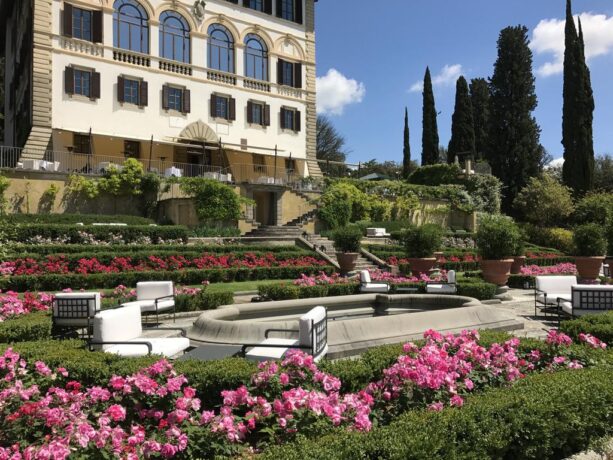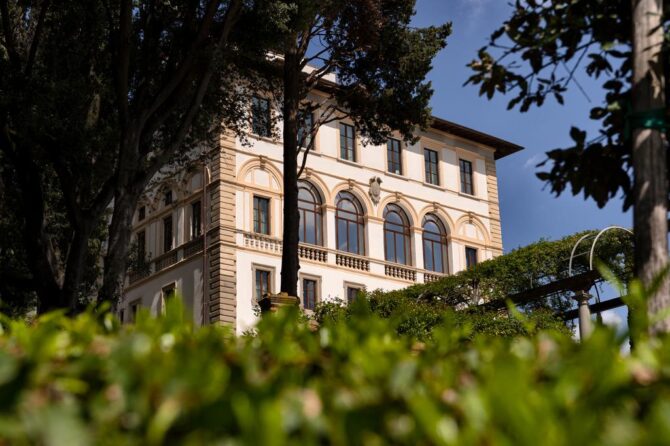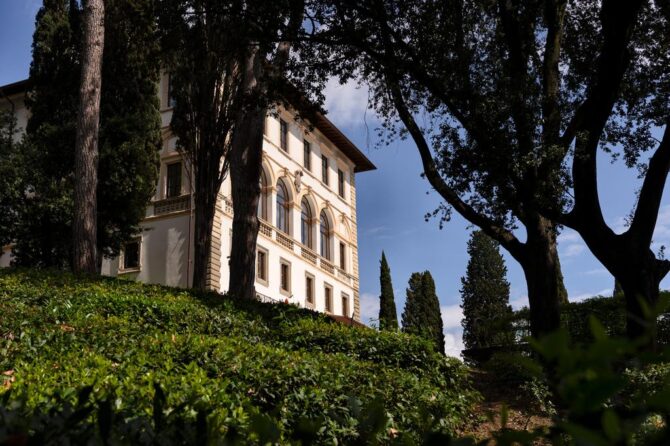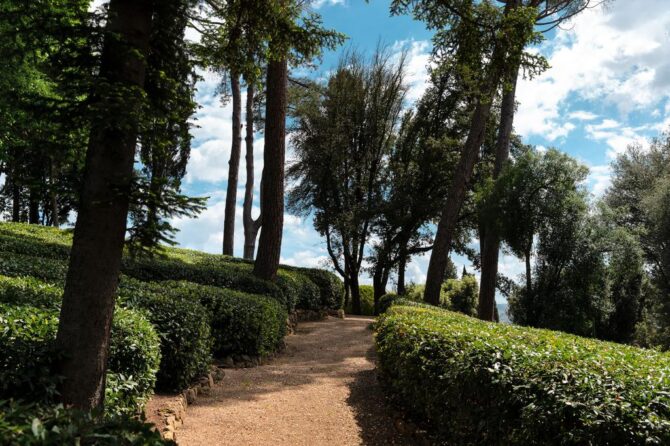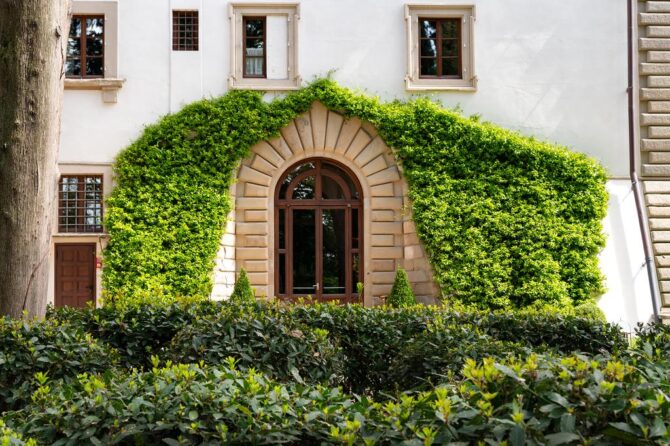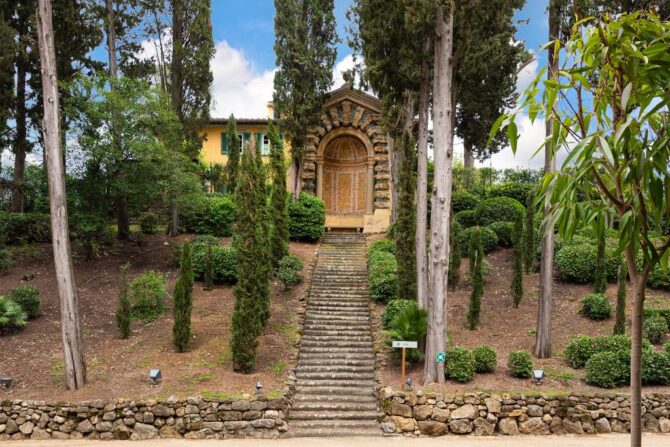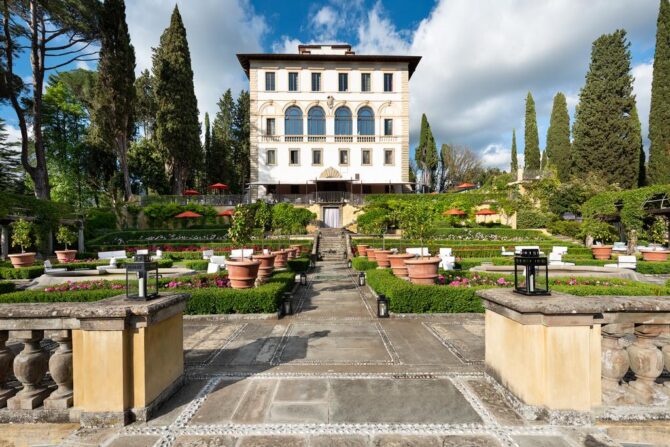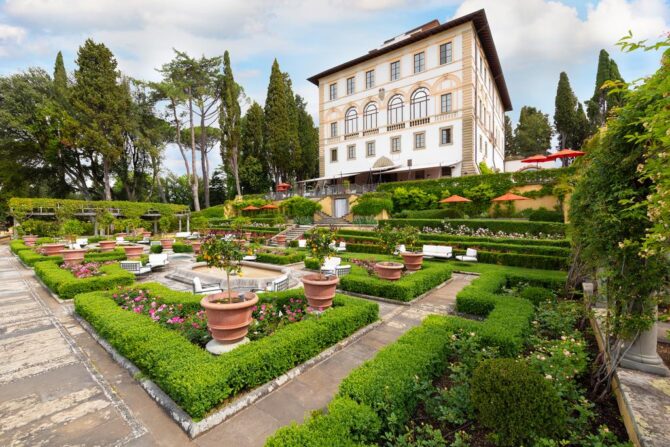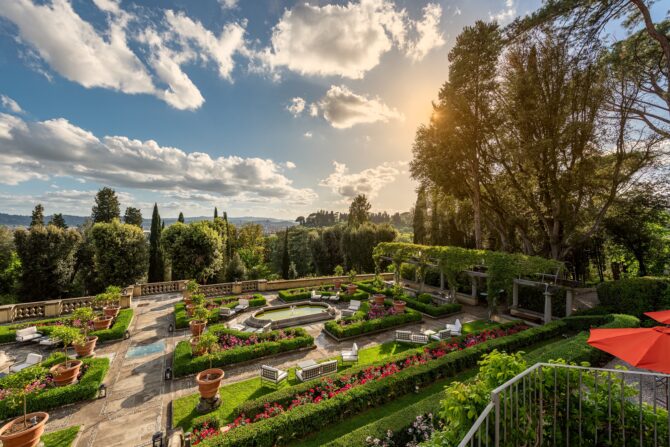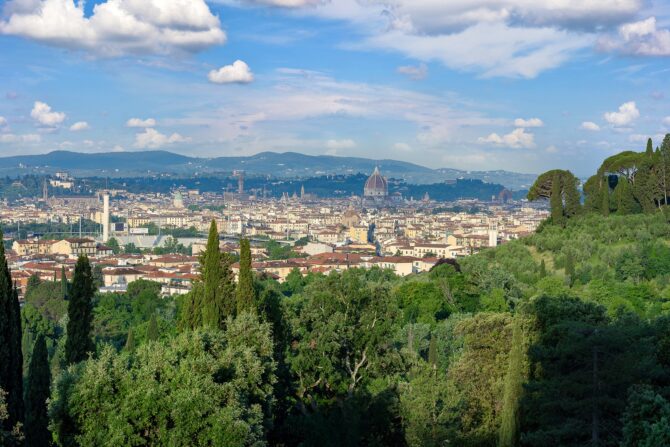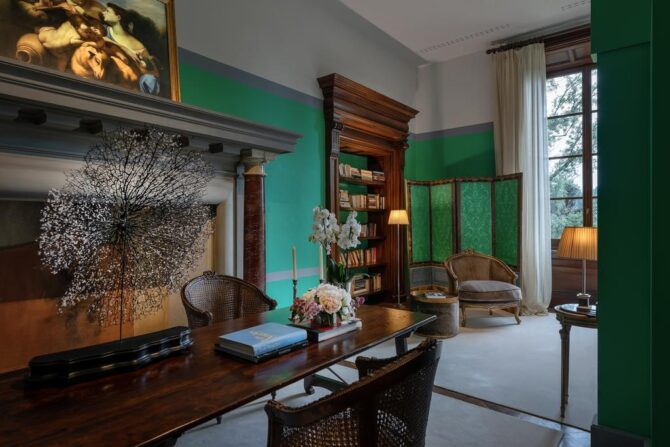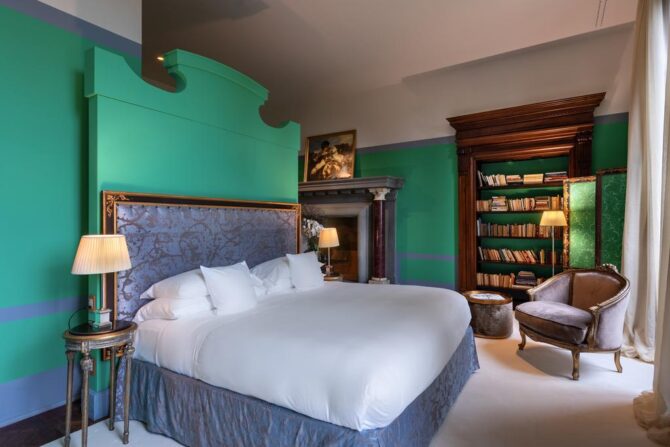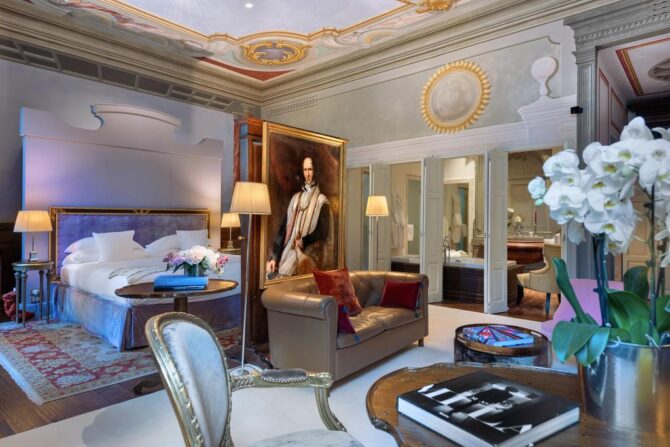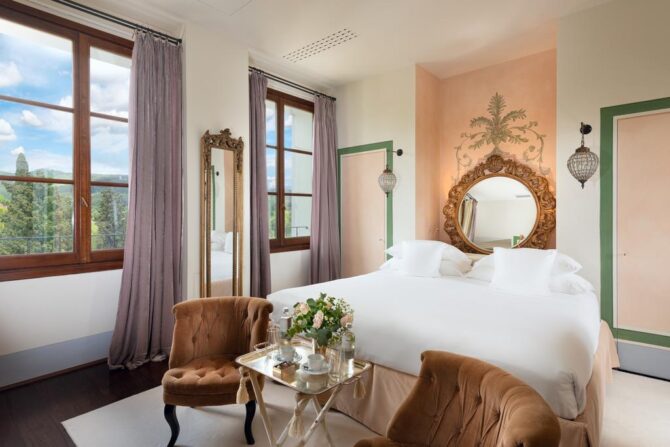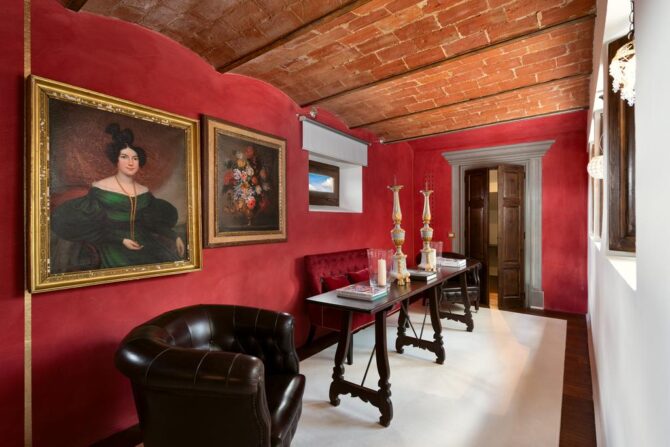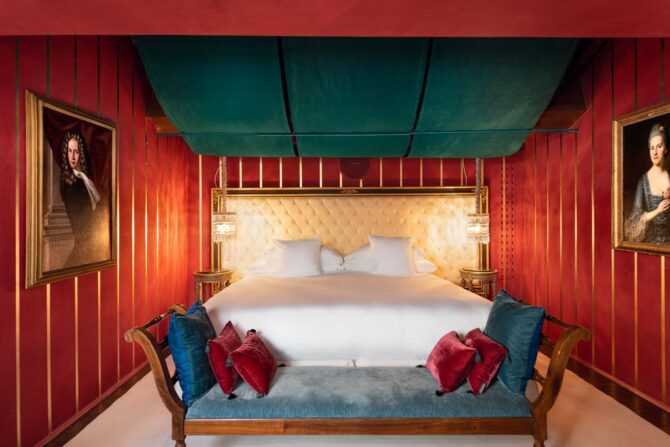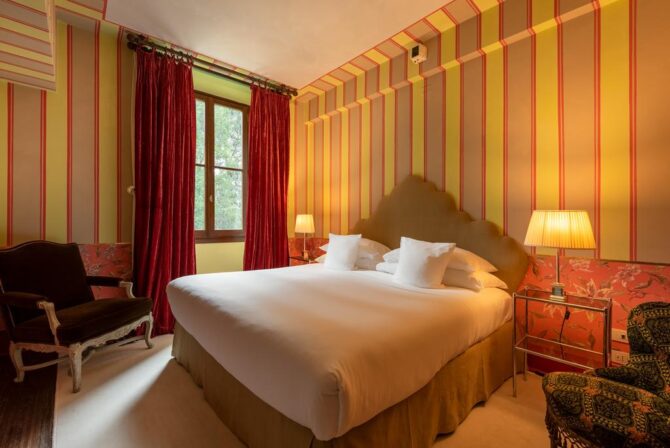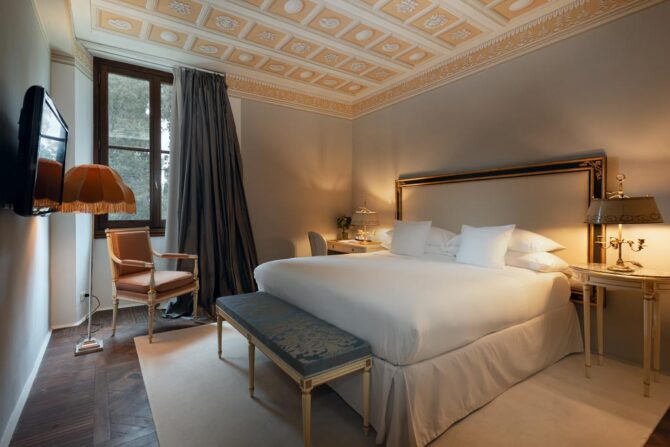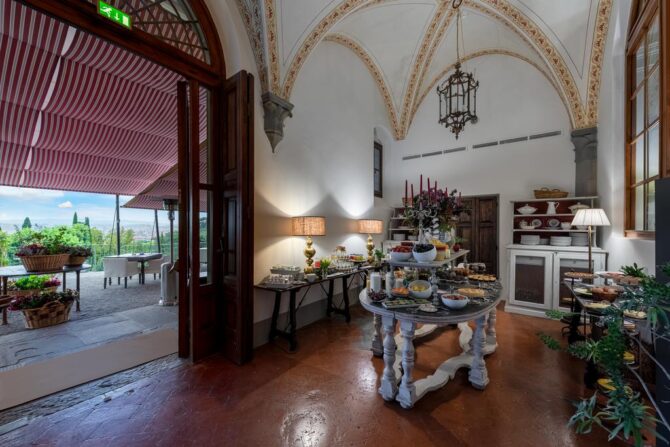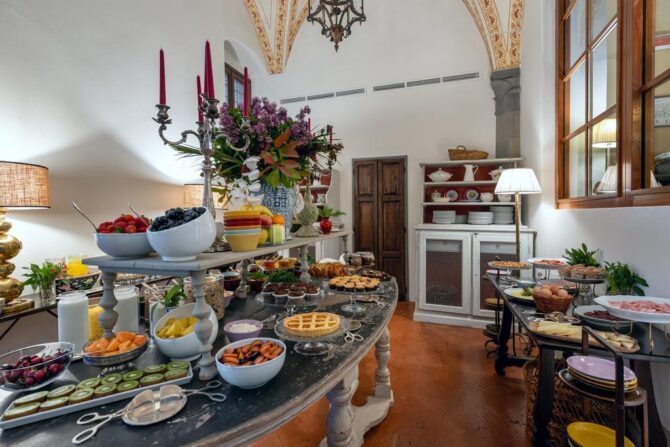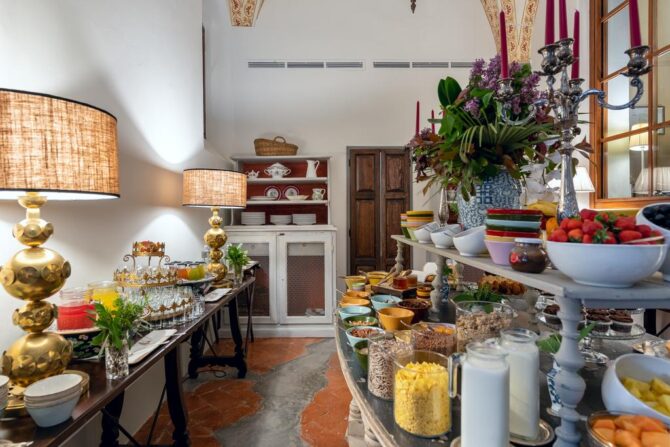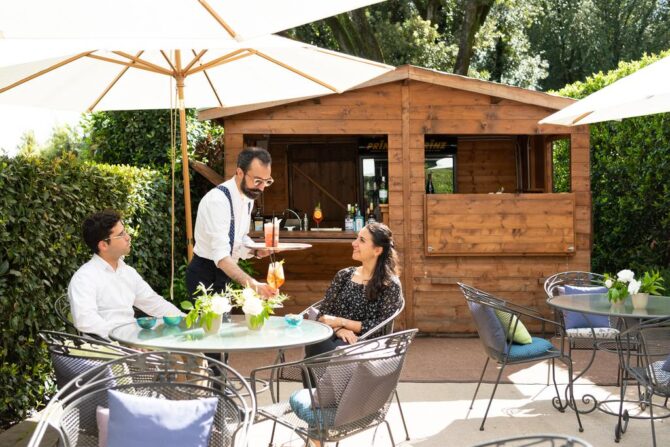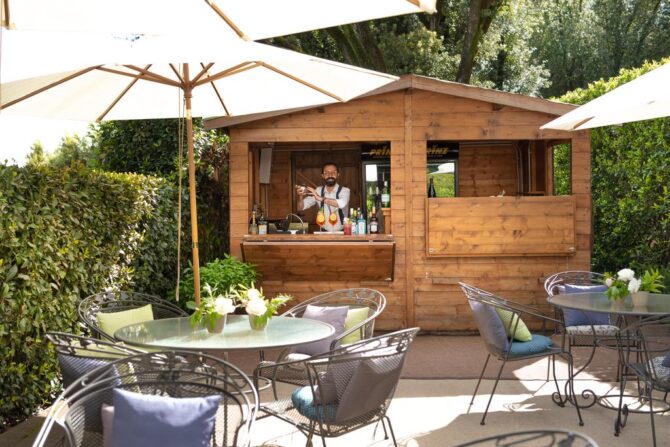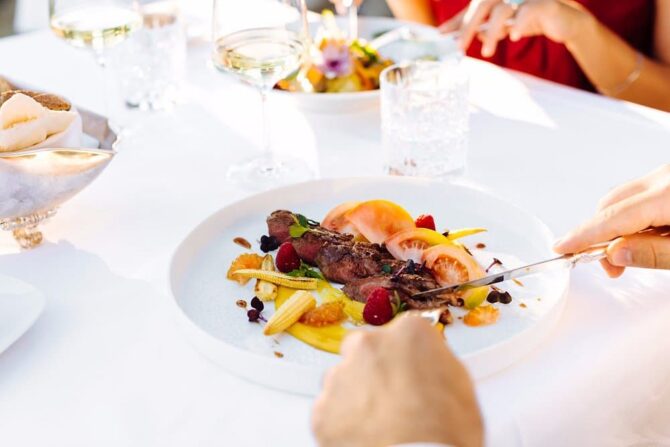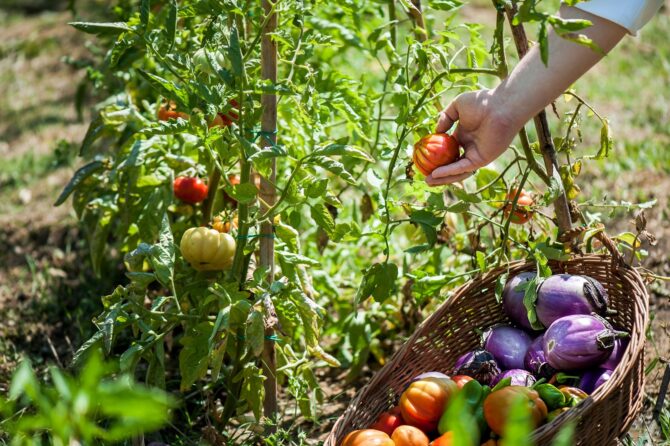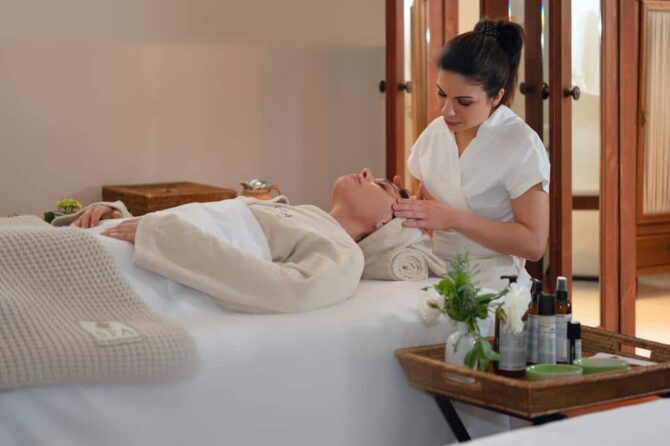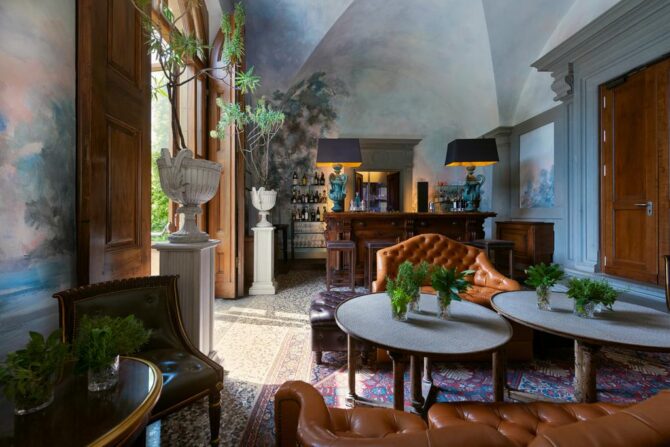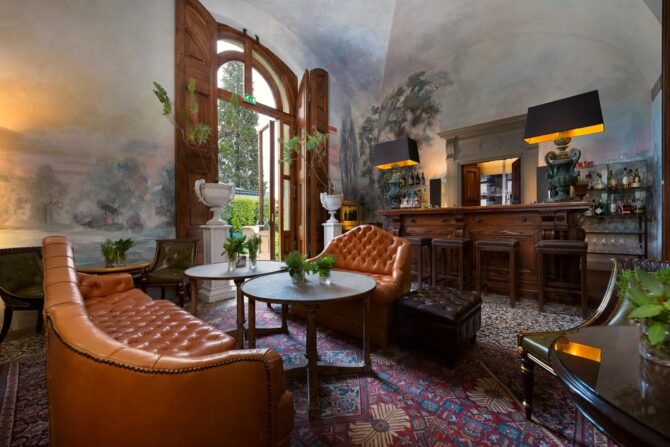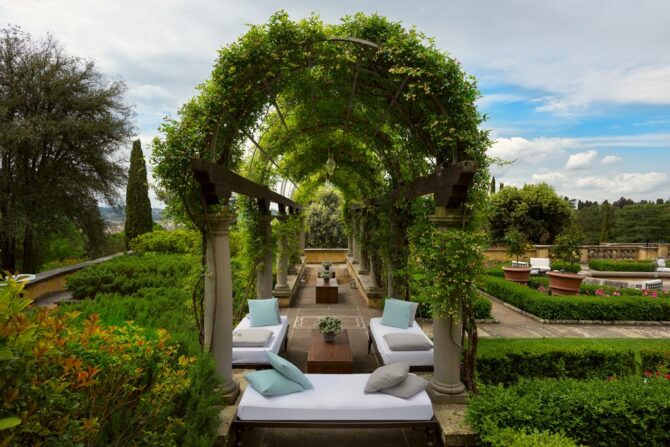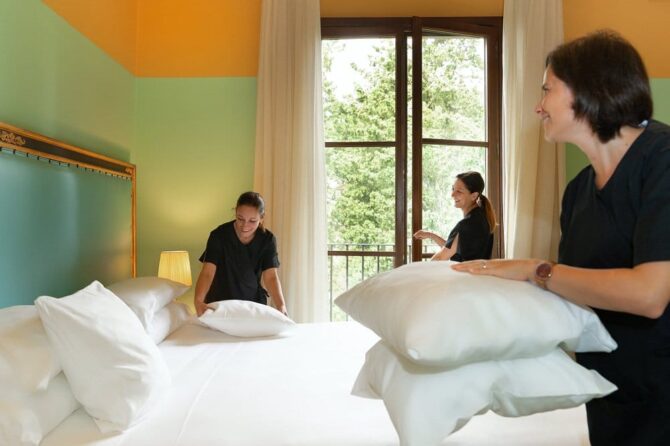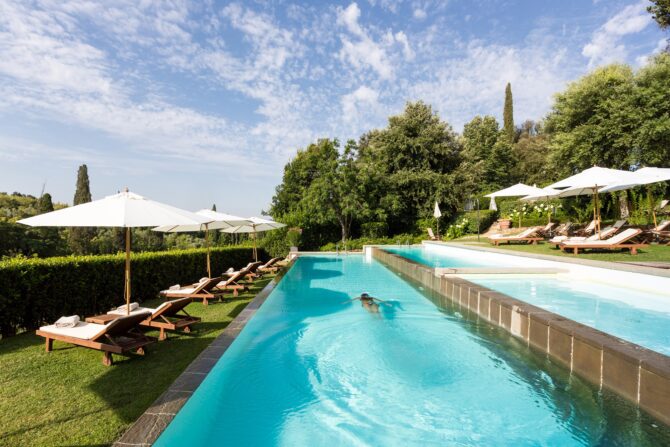The first thing we learn about Florence from any encyclopedia: Florence is the city of the Renaissance. Let our hero today – a villa built in the 15th century – be an occasion to stroll around Florence and remember why the period of history from the beginning of the 14th to the end of the 16th century is called the Renaissance.
In general, the Renaissance is a vivid example of the continuity and cyclicality of human history. To put it very simply, the Renaissance is the revival in art of the principles of ancient aesthetics, namely, the principle of physicality and craving for knowledge of the world. The culture of the Middle Ages – the period of history that followed antiquity and preceded the Renaissance – was characterized by a focus on spiritual values and biblical subjects.
With the beginning of the Renaissance, space and perspective return to the visual arts, physical certainty appears in all objects, and artists begin to be interested in the emotional side of life and human individuality.
Hotel overview Florence on map
Location and history
Why is Florence considered the birthplace of the Renaissance? To answer this question, you will have to make a small excursion into the history of Florence, or rather the independent Florentine Republic. Originating in the 12th century as an independent commune of the city of Florence, the republic in a short time subjugated almost all of central and northern Tuscany. The republic had a complex system of management, its own armed forces, citizens themselves formed state bodies, the first manufactories, banking houses appeared here, hired workers for the first time began to realize and defend their rights.
And despite the fact that in the first half of the 16th century the republican system was eliminated, and Florence turned into a duchy, the influence of all these factors was enough to form a humanistic worldview, awaken interest in man and society. Artists and architects of Florence before other Europeans departed from the canons and principles of medieval art, laying the foundation for Renaissance art.
Finally, the emergence of the modern literary Italian language all speakers of it is also obliged to Florence, and specifically – Dante Alighieri, Francesco Petrarch and Giovanni Boccaccio. Most of the modern attractions of Florence appeared in the Renaissance. The oldest of the existing buildings of Florence – Baptistery of St. John the Baptist, the heavenly patron of the year.
Among the most visited tourist sites are the Cathedral of Santa Maria del Fiori, the Giotto Bell Tower, the medieval city hall, piazza della Signoria and the Uffizi Gallery. Santa Maria del Fiori is the third largest cathedral in the world (after St. Peter’s Cathedral in Rome and St. Paul’s in London). In the Gothic Basilica of Santa Croce lie Michelangelo, Galileo, Machiavelli, Rossini and other great Italians.
Piazza della Signoria is the center of political life in Florence. Here, in the palace, built in the early 14th century, today houses the municipality. Special attention should be paid to the statues in the square, as well as the old buildings surrounding the square. In addition to the world-famous Uffizi Gallery, there are more than 80 different museums in Florence.
Room stock
The five-star Hotel Il Salviatino is a 15-minute drive northeast of florence city centre. The villa, built in the 15th century, stands on a high hill, from where a beautiful view of the city opens. The villa is surrounded by traditional Tuscan landscapes, there is an atmosphere of peace and tranquility. The hotel’s rooms belong to the category of DeLuxe and apartments. The smallest of the rooms have an area of 28 sq. m, the area of the apartments reaches 110 sq. m. All rooms are equipped with Internet access, the latest TVs and audio systems, Nespresso coffee machines and other equipment. Furniture – antique or made to order.
Meals at the hotel
Breakfast is served in the rooms, on the balcony, terrace, library or even to the pool, surrounded by lush thickets of flowering plants, if the morning for guests begins here. In addition to the exquisite restaurant serving traditional Tuscan cuisine, the hotel has a culinary school, where under the guidance of a chef everyone can learn how to cook real Florentine delicacies.
Hotel services
From April to October, Il Salviatino Hotel offers an outdoor pool and spa facilities throughout the year. The special service of the hotel will help to organize and hold any event, both business and solemn, including an unforgettable wedding ceremony and banquet. A free shuttle bus takes guests to and from the centre of Florence every day.

